In the fast-paced world of blockchain technology, access to reliable and efficient data is priceless. The Gnosis Chain RPC API stands out as a gateway for developers who demand precision, scalability, and flexibility for their decentralized applications (dApps). This post will guide you through what Gnosis Chain RPC API offers, its core features, integration possibilities, use cases, and much more. Whether you’re a seasoned developer or just dipping your toes into the blockchain ocean, understanding how to leverage the Gnosis Chain RPC API can elevate your projects to new heights.
What is Gnosis Chain RPC API?
The Gnosis Chain RPC API provides a sophisticated and robust interface for developers, facilitating seamless interaction with the Gnosis blockchain ecosystem. This potent API supports a wide range of operations, including transaction execution, account balance retrieval, and precise smart contract execution. It is meticulously designed to enable direct communication between applications and the Gnosis Chain network, thereby obviating the need for intermediary services.
The elimination of intermediaries through this API accelerates transaction processing, substantially lowers operational expenses, and significantly bolsters the security framework of decentralized applications (dApps). This direct methodology not only enhances development workflows but also affords developers increased control and flexibility over their dApps, promoting a more efficient and secure blockchain experience. The Gnosis Chain RPC API is an essential resource for developers seeking to maximize the capabilities of the Gnosis blockchain, whether for deploying new smart contracts or managing existing ones.
Core Features
The Gnosis Chain RPC API is an advanced tool designed to cater to the evolving needs of developers in the blockchain space. It offers a range of features that not only simplify the process of building dynamic and robust decentralized applications (dApps) but also make them efficient and scalable. Let’s take a closer look at some of its core features:
- Direct Blockchain Access: This feature allows applications to interact directly with the Gnosis network, without the need to run a full node. This significantly reduces the complexity and resources required for network interaction, making blockchain integration more accessible for developers.
- Smart Contract Execution: The API facilitates the deployment and interaction with smart contracts, which are essential for creating automated, self-executing agreements on the blockchain. This streamlines the development process on the Gnosis Chain, enabling developers to focus on innovation rather than the intricacies of smart contract execution.
- Enhanced Security: The Gnosis Chain RPC API employs high-level encryption standards to ensure the protection of data and secure its transmission across the network. This provides peace of mind for developers and users alike.
- Scalability: The API supports rapid and efficient processing, making it possible to handle a high volume of transactions without compromising on speed or efficiency. This offers optimized performance and scalability for dApps.
- Flexibility: The Gnosis Chain RPC API is highly adaptable, making it easy to integrate into a range of projects, including financial applications, gaming platforms, and other innovative projects.
- Real-Time Data Retrieval: The API enables developers to access and retrieve real-time data from the Gnosis Chain, ensuring that applications are always equipped with the latest information, enhancing decision-making and user experience.
By offering these advanced features, the Gnosis Chain RPC API not only empowers developers to push the boundaries of what’s possible in the realm of decentralized applications but also contributes to the growth and sustainability of the blockchain ecosystem.
Integration Possibilities
Integrating the Gnosis Chain RPC (Remote Procedure Call) API into your projects can unlock a vast array of opportunities, enabling the creation of innovative tools and applications that interact seamlessly with the Gnosis Chain. This integration not only facilitates the development of wallets and dApps but also enhances the capabilities of existing services by leveraging the network’s unique features. Here’s a closer look at some of the ways developers can harness the power of this API:
- Wallet Integration: By enabling wallet functionalities, developers can offer users the ability to sign transactions, securely store tokens, and retrieve balance information, all through direct access to the Gnosis Chain. This integration is crucial for creating a user-friendly interface that supports secure and efficient transaction management on the blockchain.
- dApp Development: The Gnosis Chain RPC API provides the necessary tools to utilize smart contracts and real-time data from the Gnosis Chain, allowing for the creation of decentralized applications (dApps) that can revolutionize various sectors. Whether it’s finance, gaming, or social media, developers can build dApps that leverage the network’s speed, security, and transparency to offer unique functionalities.
- Third-Party Services Integration: For existing platforms looking to expand their offerings, integrating the Gnosis Chain RPC API can significantly enhance their capabilities. This integration can provide users with a more robust and seamless experience by incorporating blockchain functionalities such as secure transactions, token operations, and more, directly into the service.
- Data Analysis: Access to real-time data from the Gnosis Chain opens up new possibilities for analysis and insights. Developers and analysts can tap into this wealth of information to make informed decisions, track market trends, or provide valuable insights to industries like finance, supply chain management, healthcare, and more. This data can be instrumental in developing predictive models and strategies that can lead to more efficient operations and better outcomes.
By delving deeper into each of these integration methods, developers can unlock the full potential of the Gnosis Chain RPC API, paving the way for innovative applications and services that can transform industries and enhance the way we interact with the digital world.
Use Cases
The Gnosis Chain RPC API offers versatile capabilities that can be harnessed in a myriad of scenarios, spanning from individual financial management to comprehensive solutions suitable for large corporations. Let’s delve into some specific examples to illustrate its wide range of applications:
- Decentralized Finance (DeFi) Applications: The Gnosis Chain plays a pivotal role in the DeFi ecosystem by facilitating instant, trustless transactions and the execution of smart contracts. This is particularly beneficial for lending platforms, decentralized exchanges (DEXs), and other financial services that rely on the transparency and security of blockchain technology to function efficiently.
- Non-Fungible Token (NFT) Marketplaces: With the explosion in popularity of NFTs, the Gnosis Chain provides robust support for the minting, buying, and selling of these digital assets. Marketplaces built on the Gnosis Chain benefit from its high-speed transactions and low fees, making it an attractive option for artists, collectors, and traders alike.
- Gaming Platforms: The gaming industry is increasingly integrating blockchain technology to provide players with unique, immersive experiences. The Gnosis Chain enables game developers to incorporate blockchain-based elements, such as in-game asset management and verification, into their platforms. This ensures a secure and transparent environment where players can trade and manage digital assets within games.
- Supply Chain Management: In the realm of supply chain management, the Gnosis Chain offers a solution to enhance transparency and establish trust between various parties involved in the supply chain. By leveraging the blockchain to track and verify the authenticity and movement of goods, companies can significantly reduce the risk of fraud and ensure the integrity of their products from production to delivery.
Through these examples, it’s clear that the Gnosis Chain RPC API is not just a tool for developers, but a gateway to innovation across industries, promising to revolutionize how businesses and individuals interact with blockchain technology.
Setup Guide
Getting started with the Gnosis Chain RPC API involves a series of detailed steps that ensure a smooth integration process:
- API Access: The initial step involves obtaining the API endpoint URL, which is a crucial piece of information available in the Gnosis Chain documentation. This URL is the gateway to interfacing with the blockchain, allowing your application to communicate with the Gnosis Chain.
- Authentication: While the Gnosis Chain RPC API does not typically require traditional username and password authentication, it’s essential to secure your API requests. Implementing SSL (Secure Sockets Layer) encryption is vital to safeguard your data against Man-In-The-Middle (MITM) attacks, ensuring that the data exchanged between your application and the Gnosis Chain remains secure.
- Integration: For the integration phase, it’s recommended to utilize popular web3 libraries such as Web3.js or ethers.js. These libraries offer a set of tools and functions that greatly simplify the process of integrating your application with the Ethereum blockchain and, by extension, the Gnosis Chain. Leveraging these libraries enables developers to interact with the blockchain in a more intuitive and efficient manner, facilitating tasks such as sending transactions, interacting with smart contracts, and more.
- Testing: Before deploying your application on the mainnet, it’s crucial to conduct thorough testing on the Gnosis Chain testnet. The testnet provides a sandbox environment that mirrors the mainnet, allowing developers to safely experiment and test their applications without risking real assets. This step is instrumental in identifying any potential issues or bugs and ensuring that your application performs as expected in a live environment.
By following these steps and paying close attention to each detail, developers can achieve a successful and secure integration with the Gnosis Chain RPC API, paving the way for innovative applications and services on the blockchain.
FAQs about Gnosis Chain RPC API
- What kind of data can be accessed through Gnosis Chain RPC API?
Access includes account balances, transaction histories, smart contract interactions, and real-time network status.
- Does Gnosis Chain RPC API offer support for custom smart contract interactions?
Yes, developers can deploy and interact with custom smart contracts, enabling diverse application development.
- How does Gnosis Chain RPC API handle transaction confirmations?
It provides real-time transaction status updates, allowing applications to track confirmations and ensure transaction finality.
- Are there any limitations on the number of requests that can be made to Gnosis Chain RPC API?
While limitations exist to maintain network health, they are generally high enough to support robust application development. Check the official documentation for specific rate limits.
- Can developers monitor network status and performance metrics using Gnosis Chain RPC API?
Yes, it allows tracking of various network statistics, such as gas prices and block times, aiding in informed decision-making.
- What level of encryption does Gnosis Chain RPC API employ to secure data transmission?
It uses SSL/TLS encryption, ensuring that all data transmitted is secure from eavesdropping and tampering.
Conclusion
For developers targeting the blockchain space, understanding and utilizing the Gnosis Chain RPC API is instrumental. Its broad range of functionalities and high degree of integration and customization makes it an indispensable tool for building the next generation of decentralized applications. By leveraging the Gnosis Chain’s innovative platform through its RPC API, developers can enrich their applications with unparalleled efficiency, security, and scalability. Happy coding!
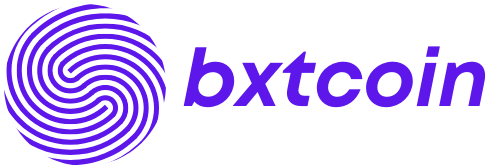
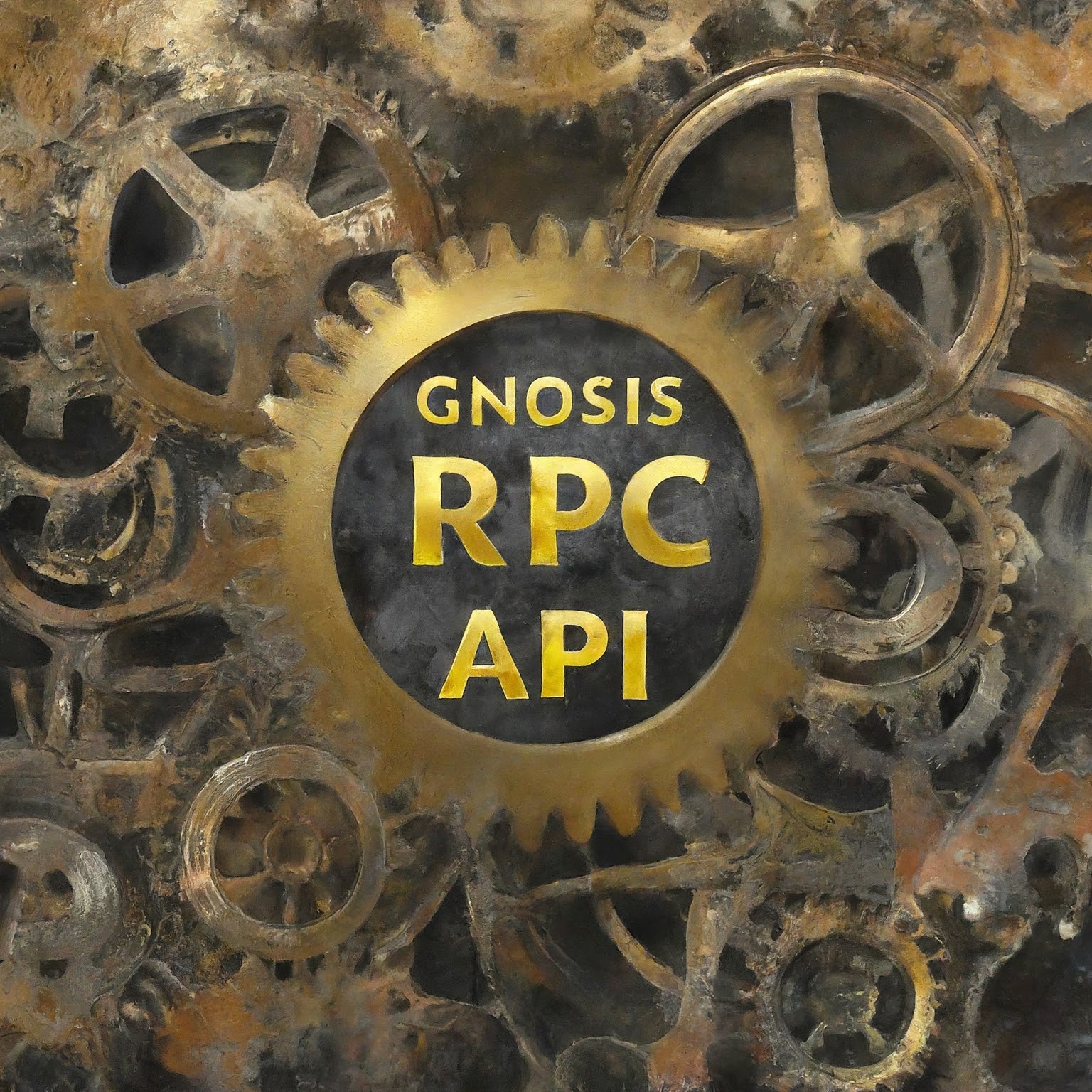
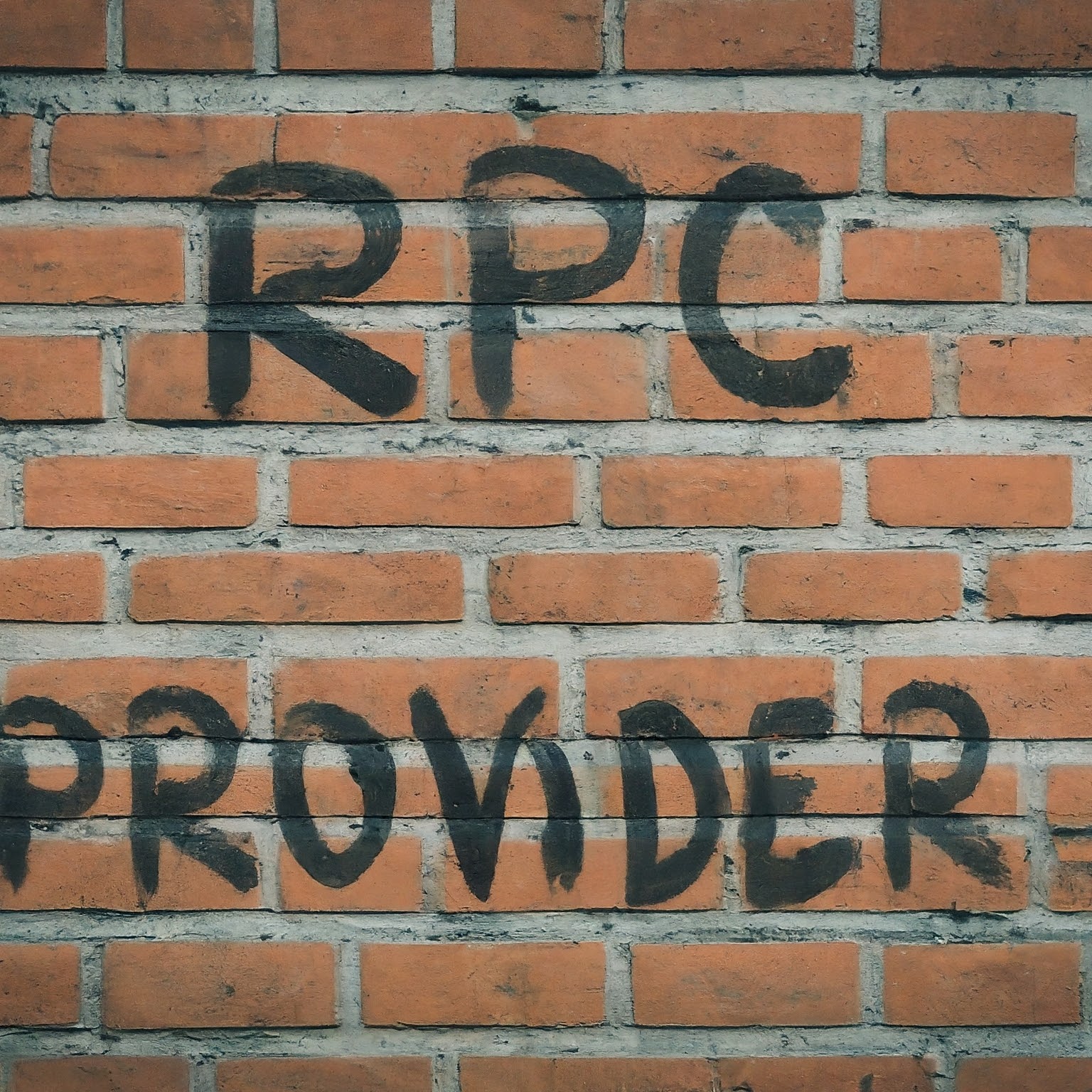
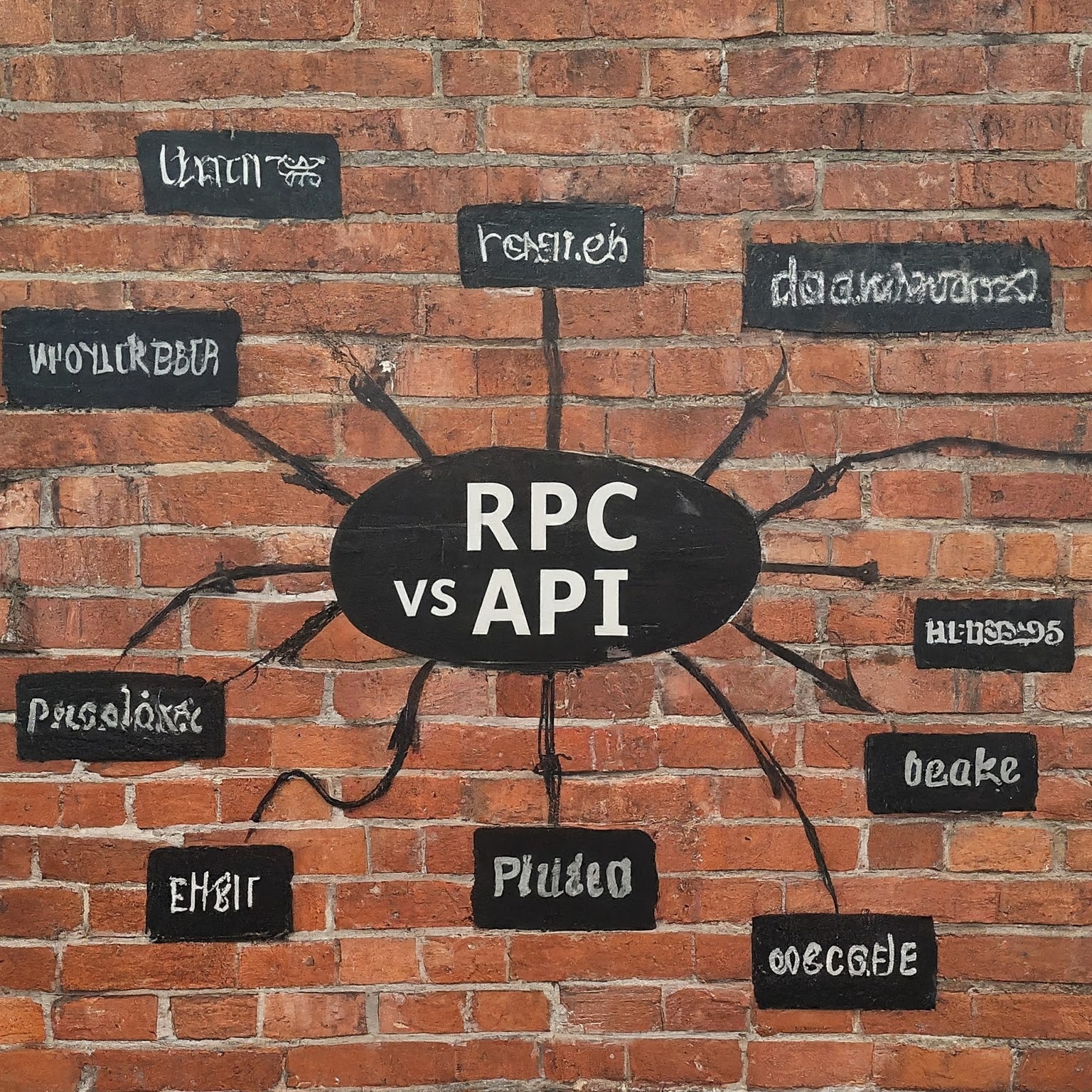
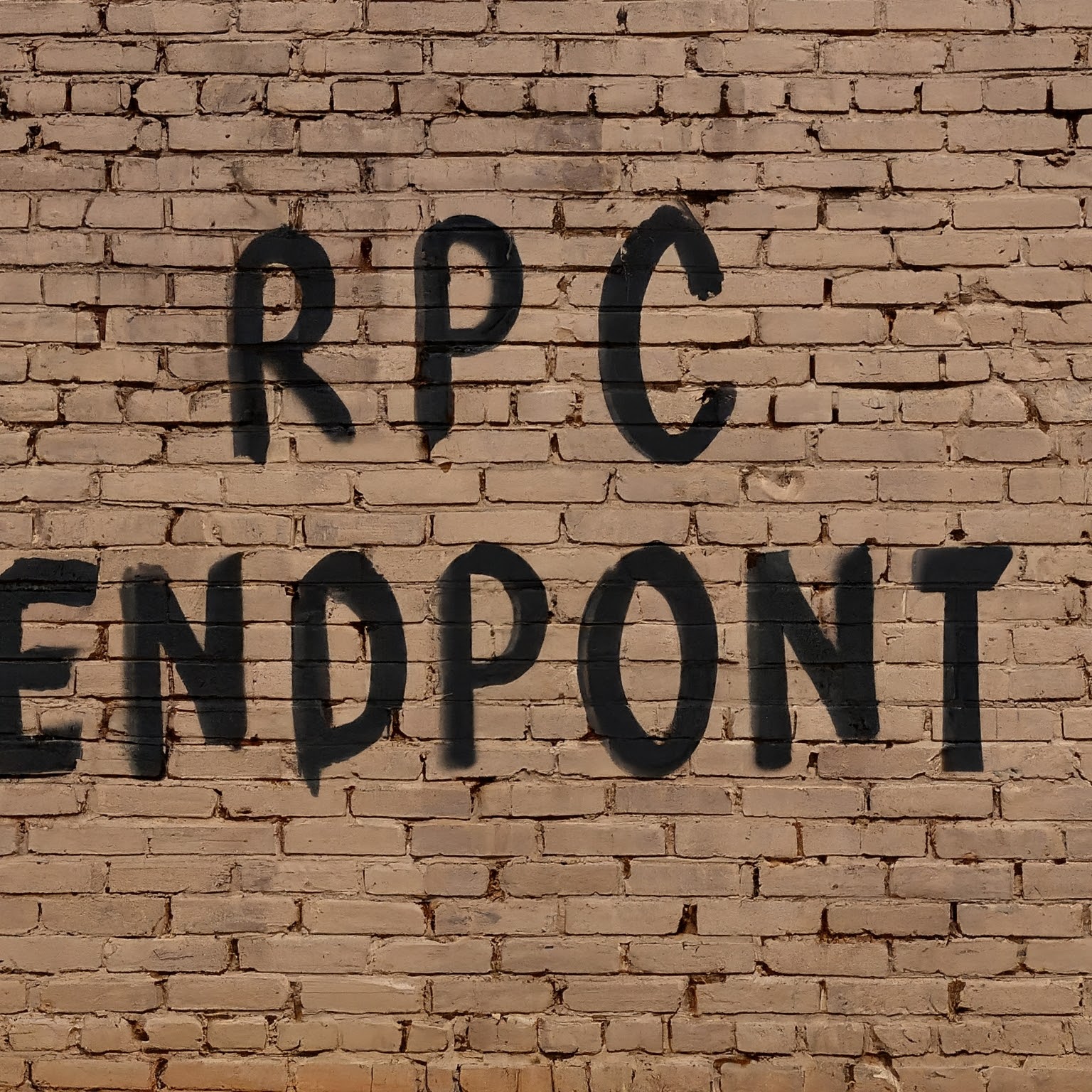
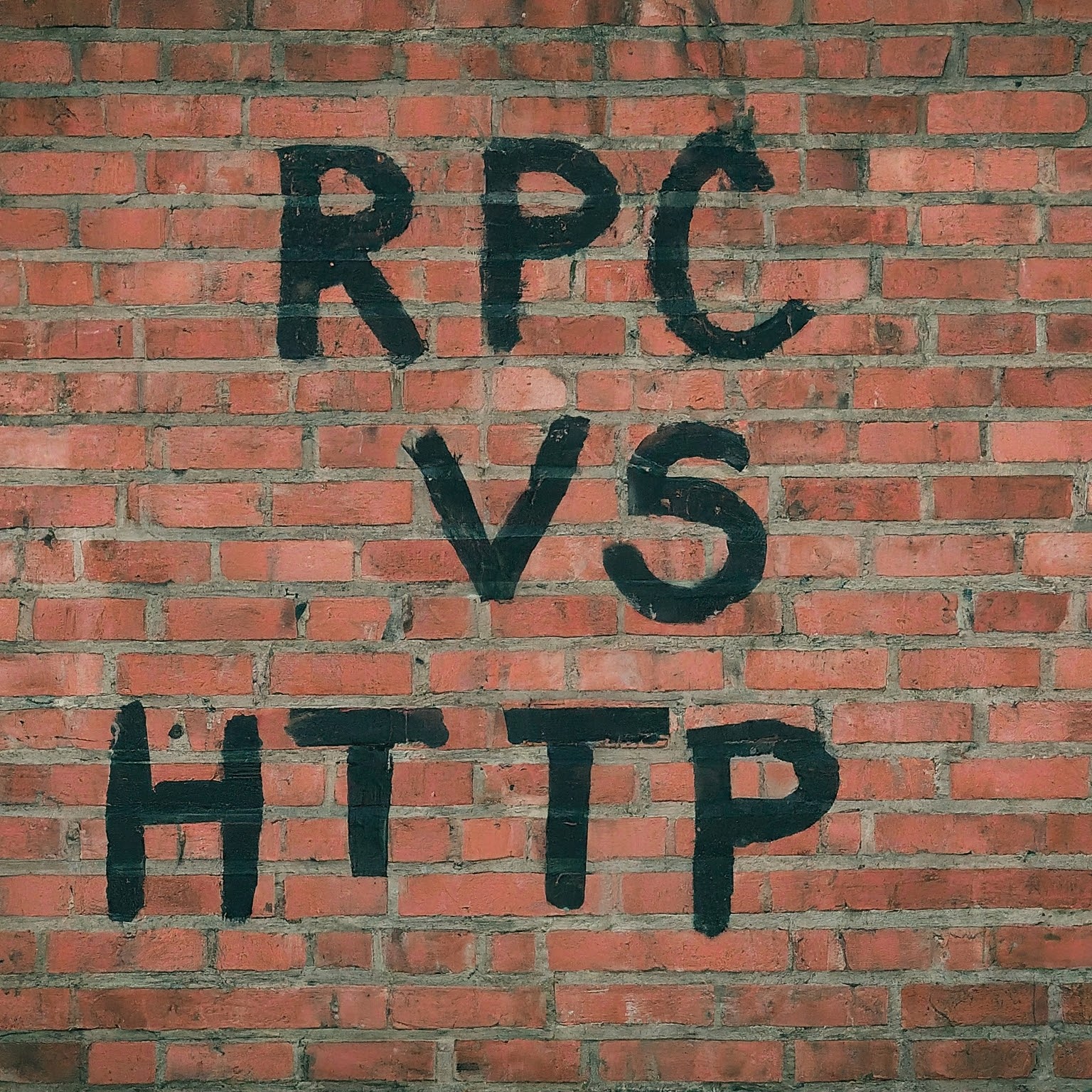
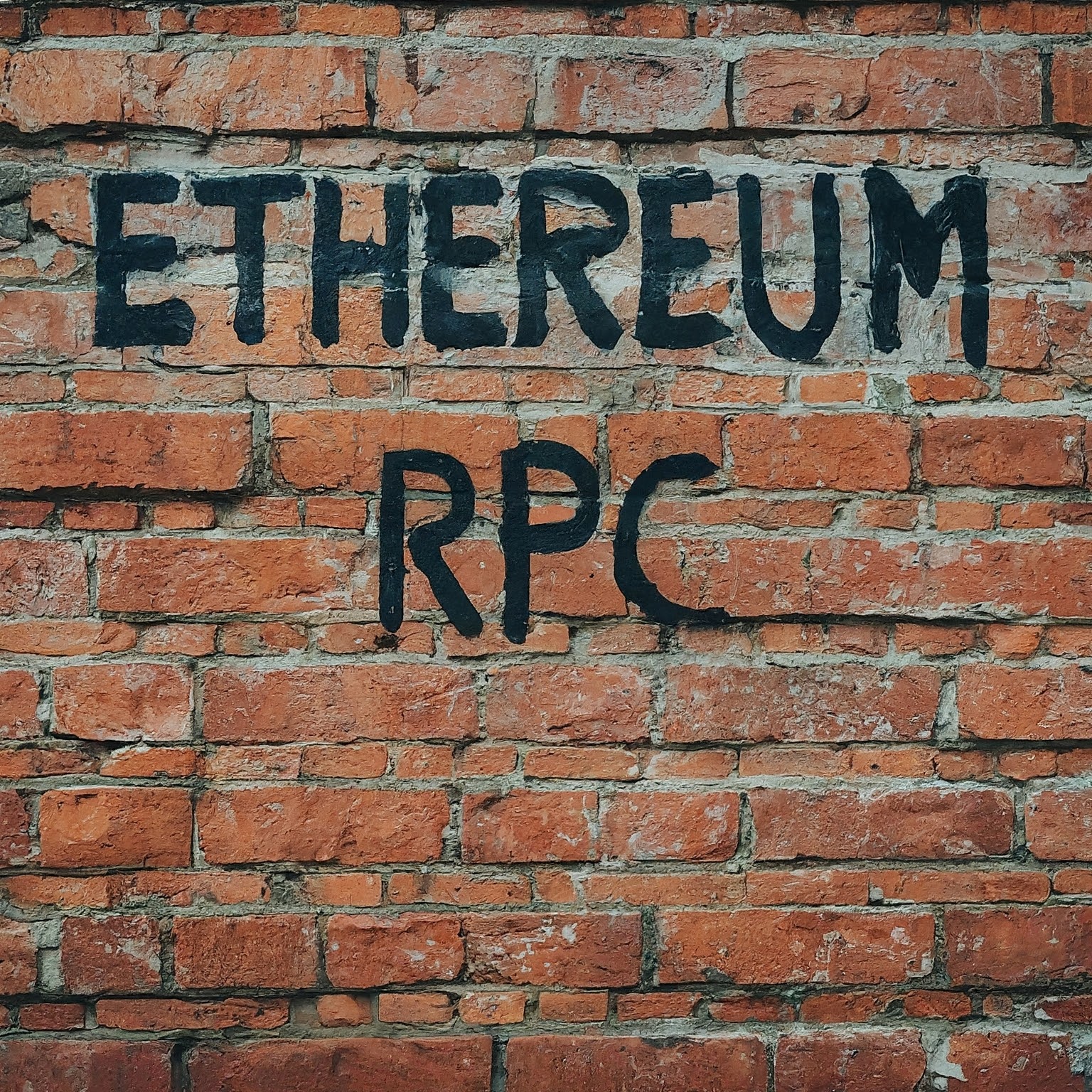
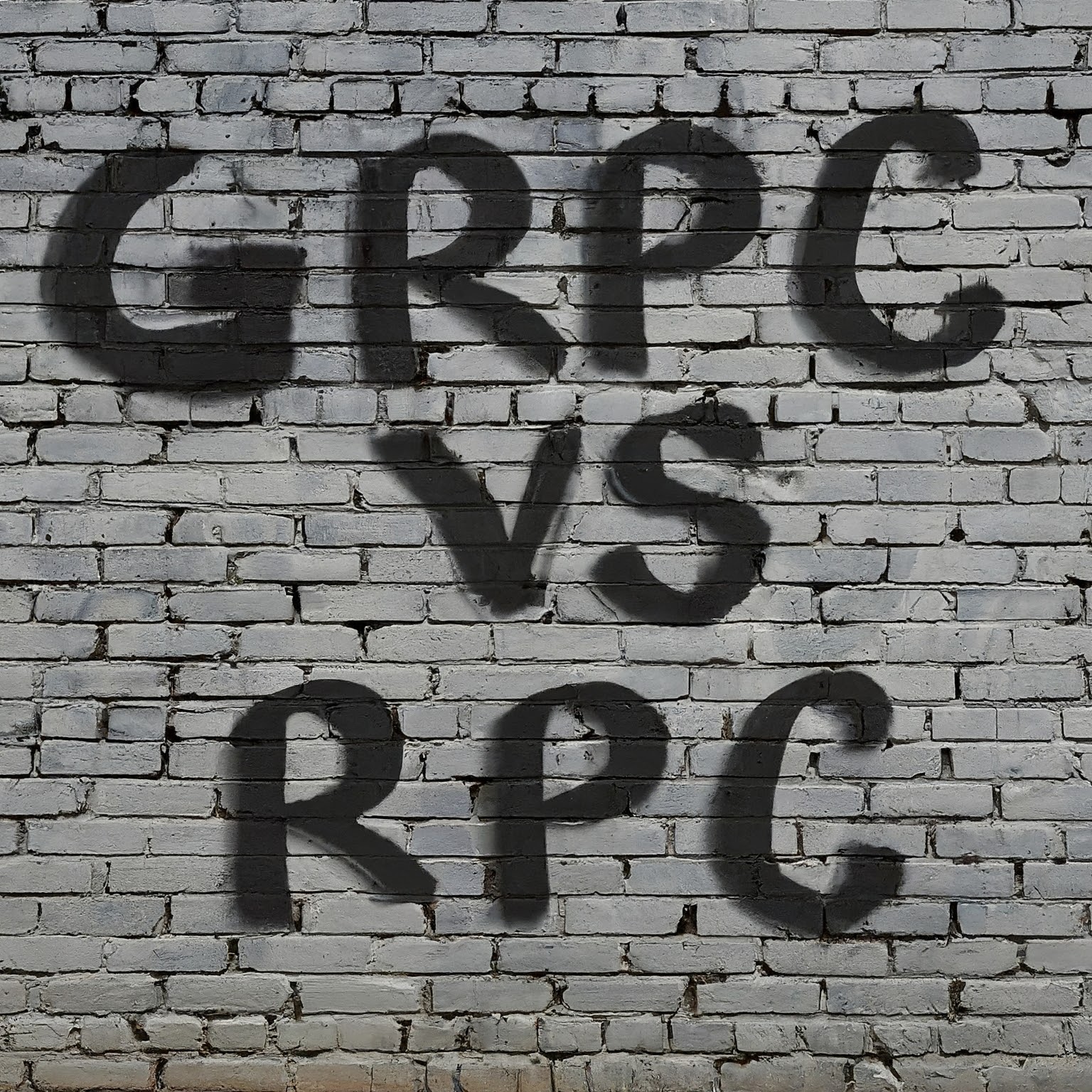
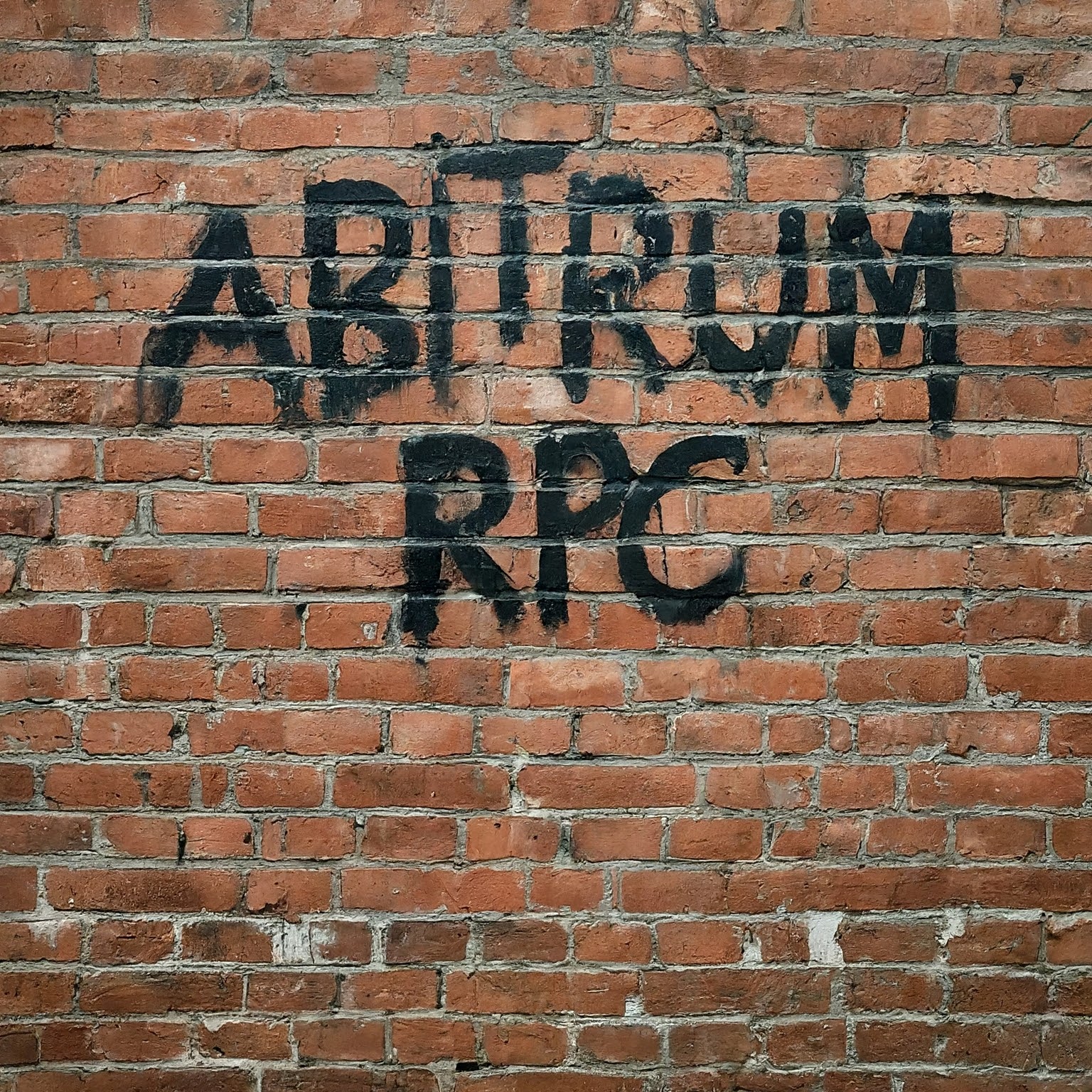
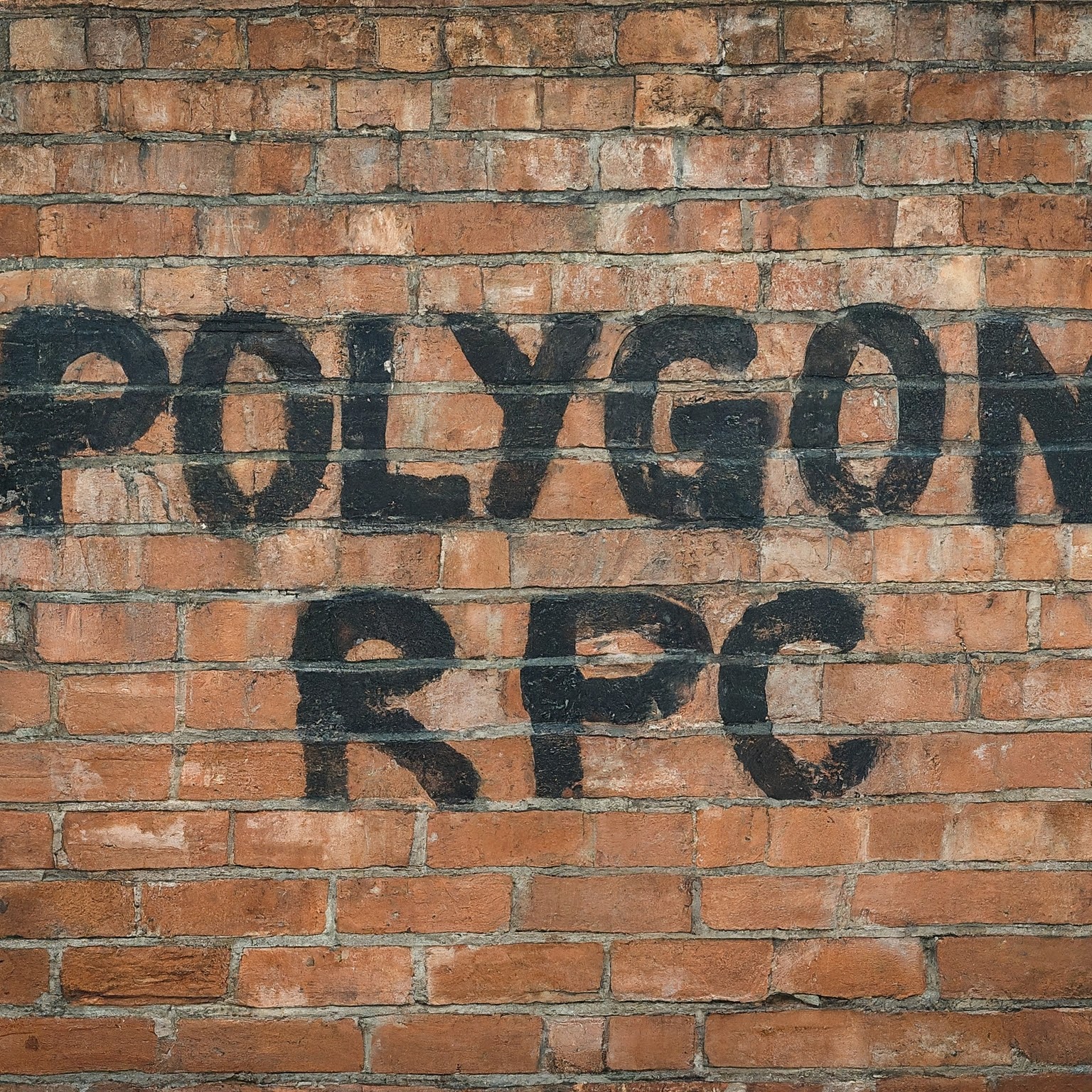
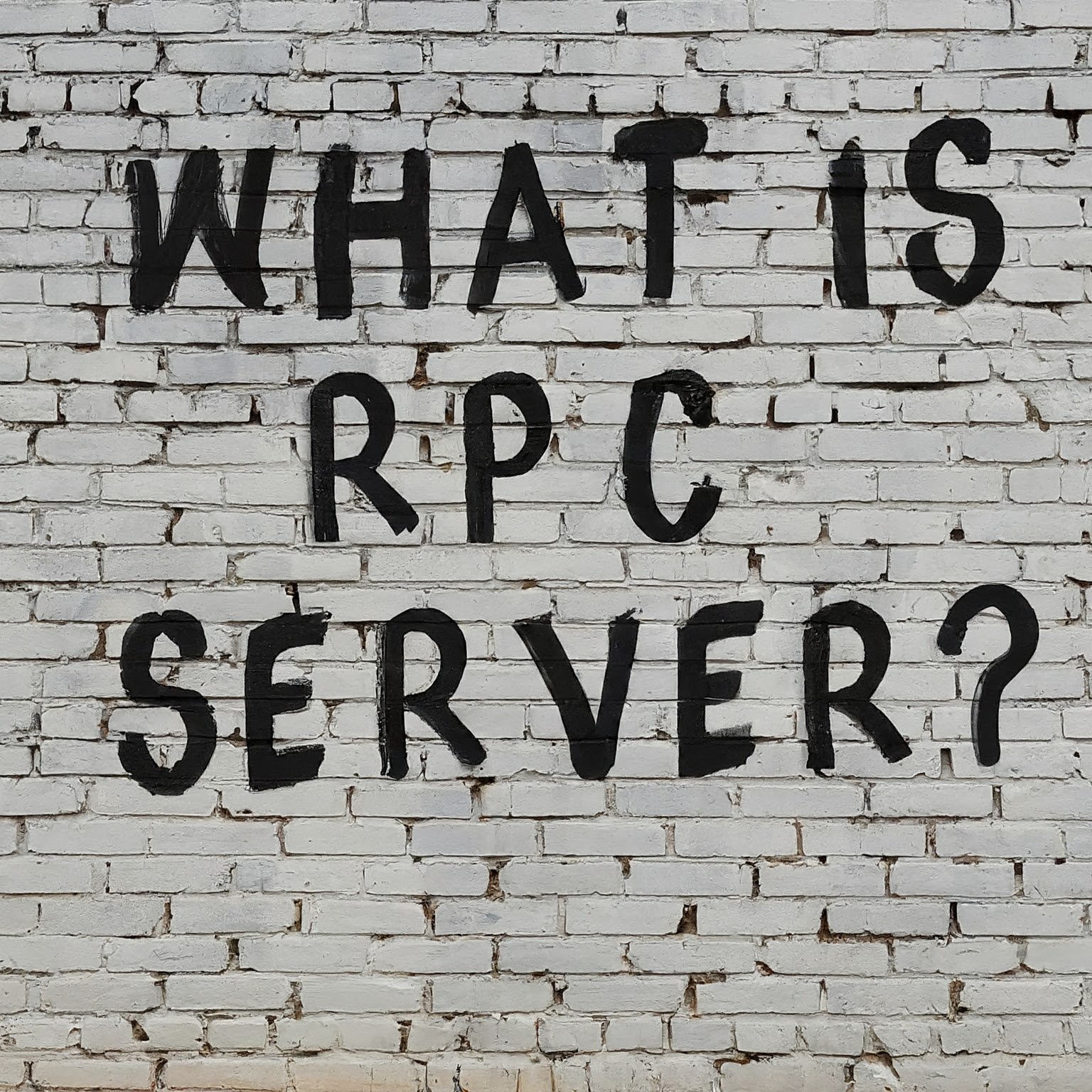
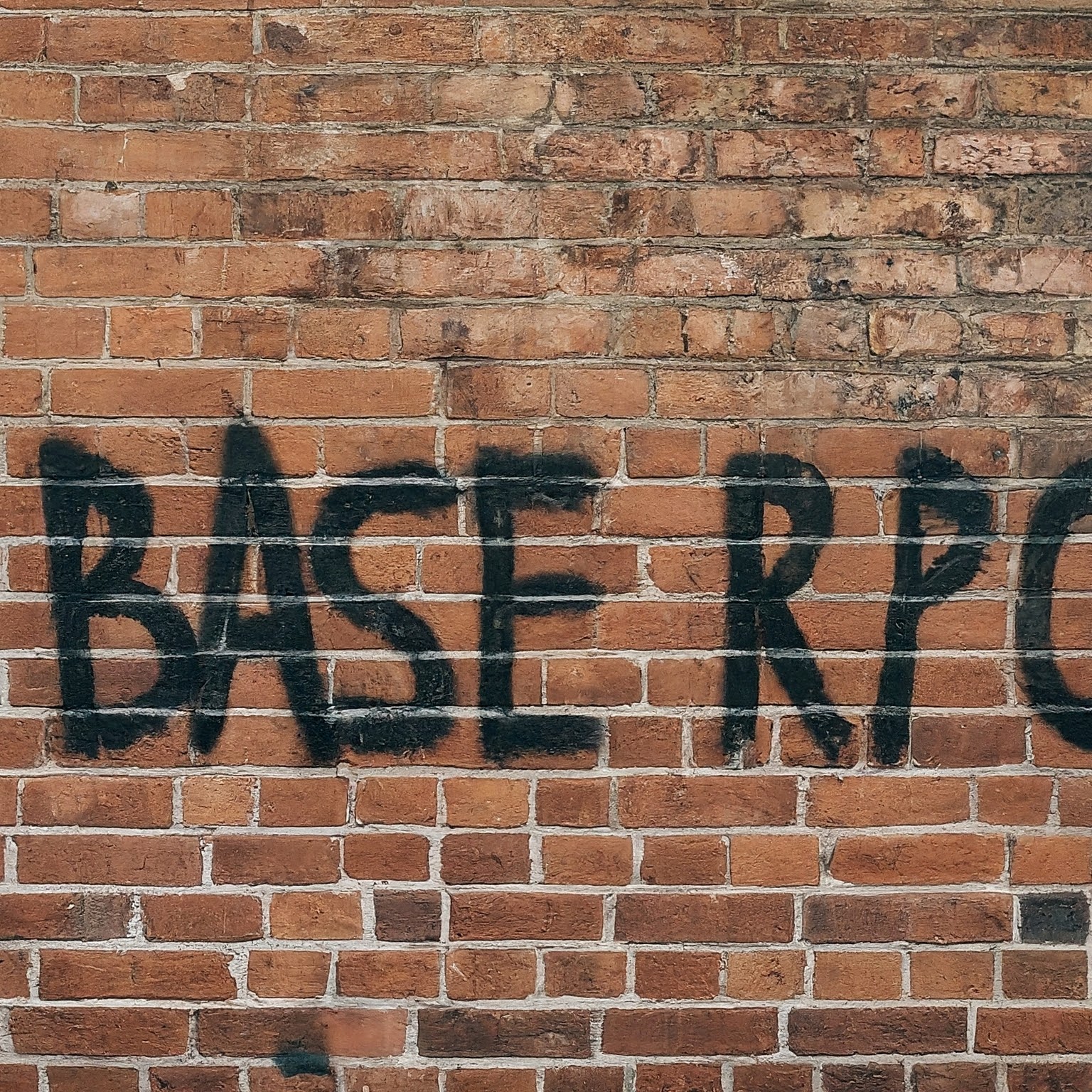
Leave a Reply
You must be logged in to post a comment.